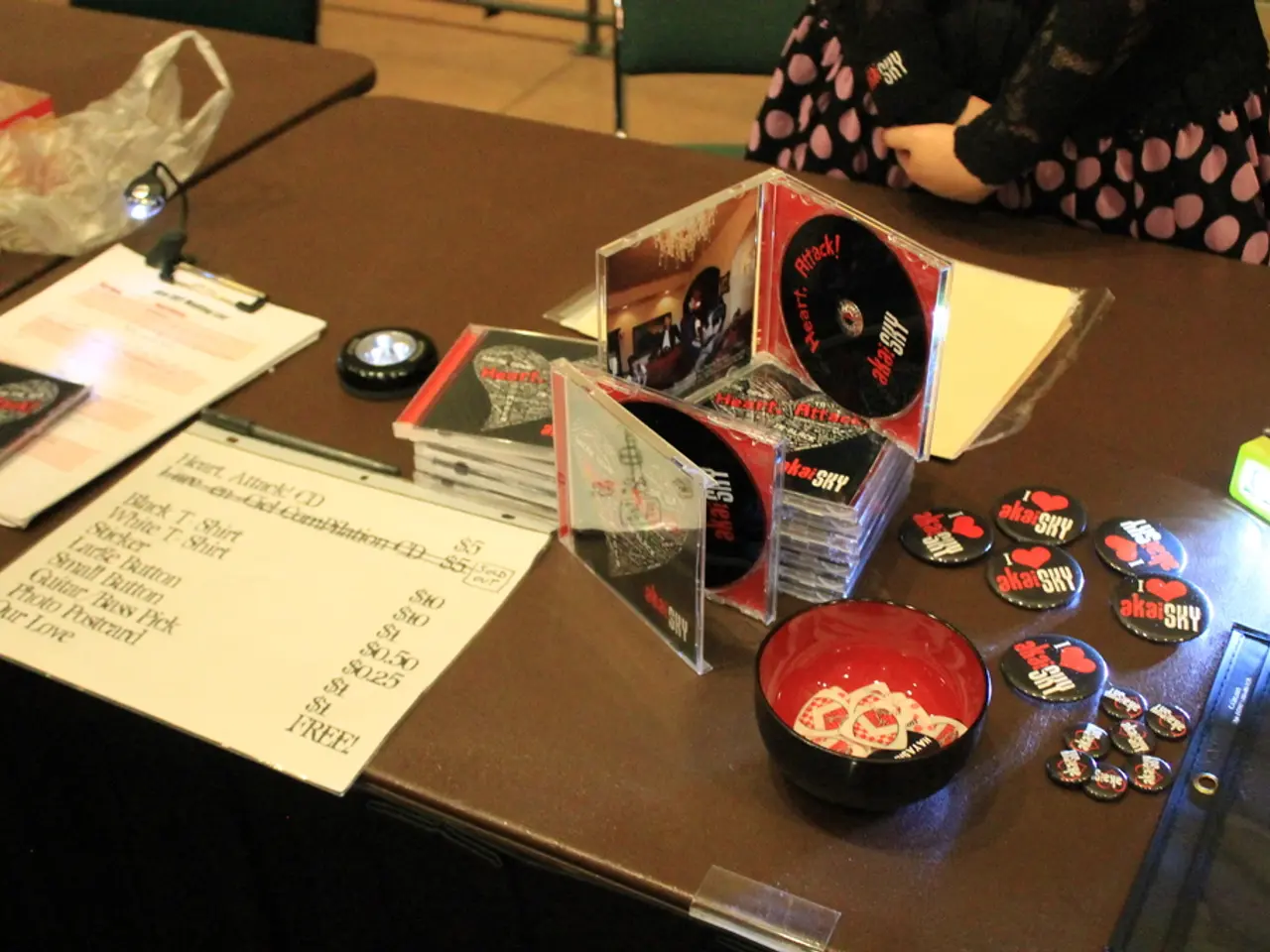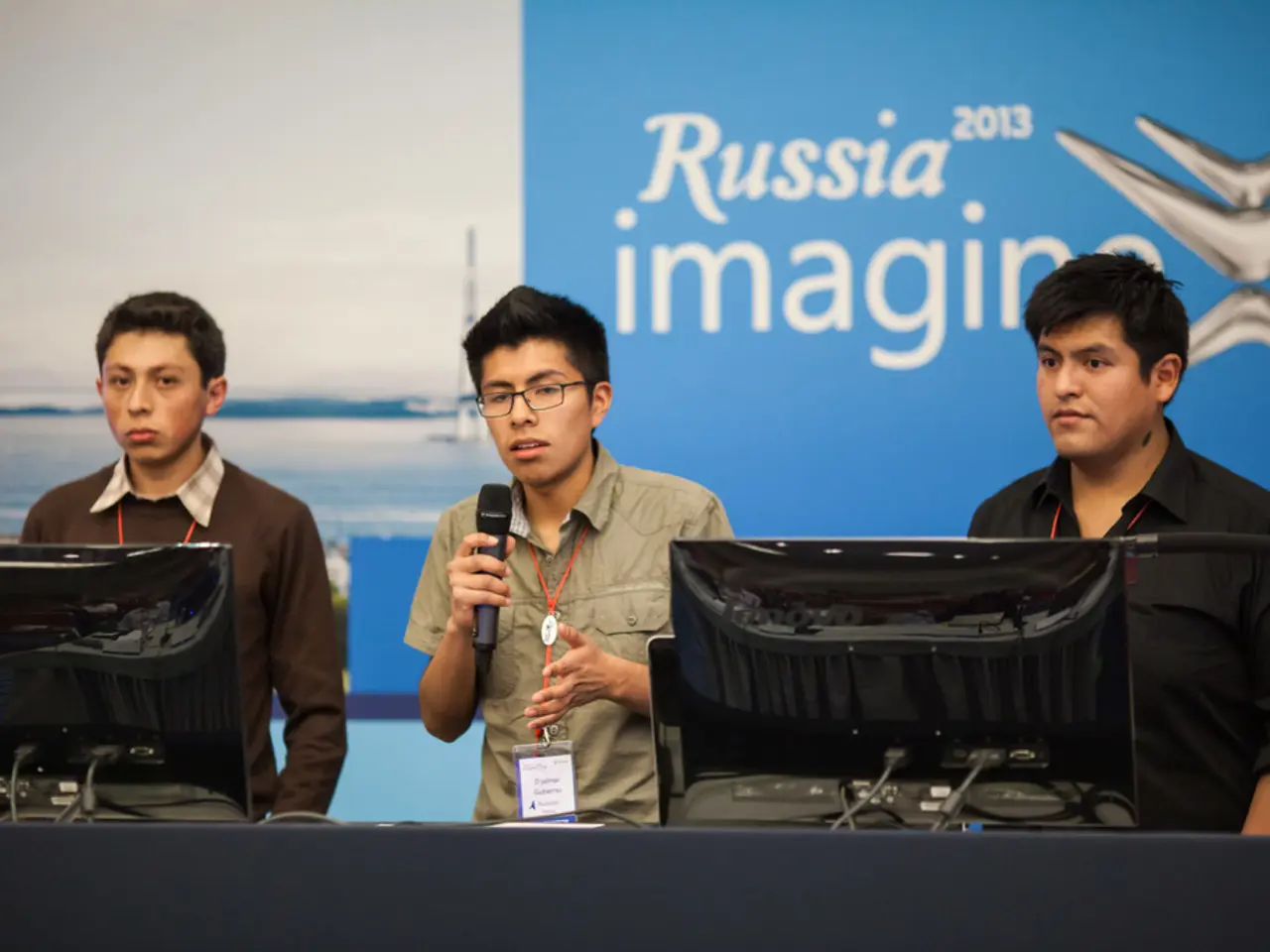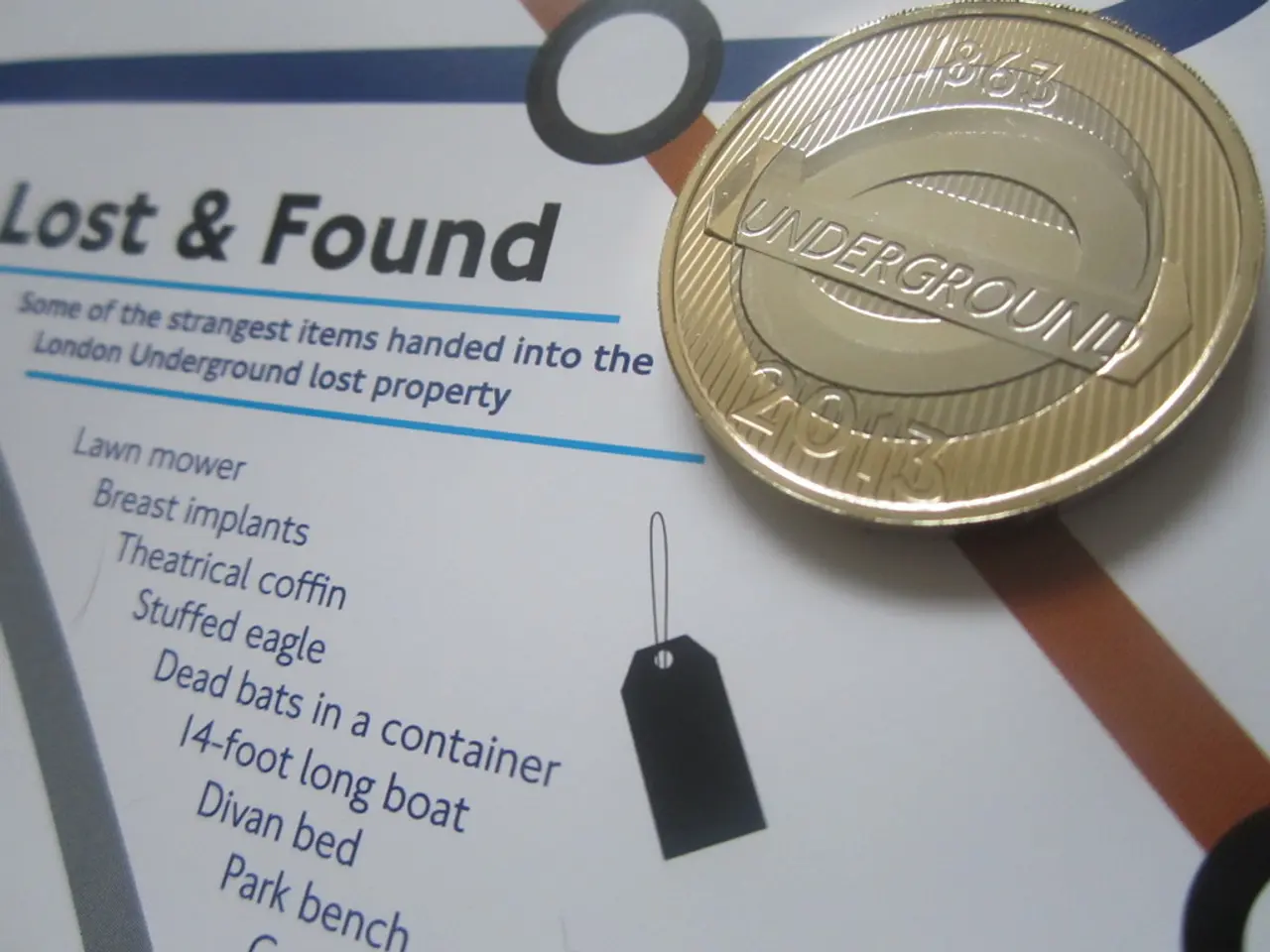Unveiling Initial Research Initiatives Funded by Our Commission
Revamping Creative Freelancing: Unveiling Local Impact and Adaptable Business Models
In our ongoing pursuit of knowledge, we're focusing on the ever-evolving world of creative freelancers and their significant role in driving local growth across industries. By commissioning research from trusted independent organizations, we ensure that we're always at the forefront of understanding the sector and supporting the wider creative community.
Recently, we have called for research proposals that tackle critical areas of need within the UK's creative industries. We sought projects that produce independent evidence to aid in the development of policies supporting our creative industries. The four main areas of research we encouraged applicants to consider are:
- The value of creative post-18 education and its measurement.
- The contribution of cultural institutions and the cultural sector to local areas and the growth of those creative industries.
- The role of freelancers and micro enterprises in the UK's creative industries, as well as the challenges they face.
- Business models and business model innovation in the creative industries, including the creation and capturing of value within value networks.
Our existing research portfolio comprises five main areas: Creative Clusters and Innovation; Skills, Talent and Diversity; Intellectual Property; Business Models, Access to Finance and Content Regulation; Arts, Culture, and Public Service Broadcasting; and International Competitiveness.
Among the successful projects we chosen are:
- Creative Freelancer Business Models and Place-Based Growth, led by Coventry University in partnership with Creative United, Waltham Forest Borough Council, Coventry City of Culture Trust, Warwick Institute of Employment Research, and Northumberland County Council. This project aims to shed light on the critical impact of creative freelancers on local economies, exploring their business models, relationships to labor markets, creative networks, supply chains, and innovation ecosystems.
- Creative Industries and the Preston Model, led by the University of Central Lancashire. This project will investigate the extent to which the Preston Model facilitates the growth and development of the creative industries within Lancashire, particularly focusing on the role of procurement by anchor institutions.
Stay tuned for more details on the other projects. We're excited to collaborate with these teams and further our understanding of the creative industries.
Curiously, research on creative freelancers reveals interesting insights about their business models. Creative freelancers are often specialists in niche areas, such as web design, offering tailored services that set them apart in competitive markets. They contribute to local businesses by enhancing their online presence, which enhances local economic growth. Furthermore, they align with broader market trends, such as the online economy's expansion and the increasing demand for digital services from businesses. Their flexibility and adaptability are key strengths, allowing them to respond to market demands quickly and contribute dynamically to local economies.
Sources:[1] — Structured article combining base article and enrichment insights as requested[2] Research insights on creative freelancers drawn from external sources[3] The Creative Clusters and Innovation area consists of the Creative Clusters and Urban Innovation; Creative Clusters and Industries; and Creative Clusters and Business Models research strands.[4] Skills, Talent, and Diversity comprise the Skills, Talent, and Education; Diversity and Equality; and International Research Analysis research strands.[5] Intellectual Property; Business Models, Access to Finance, and Content Regulation encompass the Intellectual Property; Business Models, Strategy, and Governance; Access to Finance and Inclusive Growth; and Content Regulation and Data Protection research strands.[6] Arts, Culture, and Public Service Broadcasting include the Arts andCreative Industries Policy; Creative Industries and the Cultural Commons; and Public Service Broadcasting research strands.[7] International Competitiveness comprises the Creative Industries and International Competitiveness; Creative Industries and EU Politics; and Creative Industries and Globalisation research strands.
- The research we commissioned focuses on the significant role of creative freelancers in driving local growth and understanding their sector, aiming to develop supportive policies for the creative community.
- We sought proposals that generate independent evidence for educational value, cultural impact, freelancer challenges, and business model innovation within the UK's creative industries.
- Our research portfolio concentrates on Creative Clusters and Innovation, Skills, Talent and Diversity, Intellectual Property, Business Models, Access to Finance, Content Regulation, Arts, Culture, and Public Service Broadcasting, as well as International Competitiveness.
- One successful project, led by Coventry University and partners, explores the critical impact of creative freelancers on local economies, looking at their business models, labor markets, networks, supply chains, and innovation ecosystems.
- Another project, led by the University of Central Lancashire, will investigate the growth and development of the creative industries within Lancashire using the Preston Model, focusing on anchor institutions' procurement.
- Research on creative freelancers reveals they are often niche specialists, contributing to local businesses by enhancing their online presence, driving economic growth, and aligning with broader market trends like the expansion of the online economy.
- Creative freelancers' flexibility and adaptability allow them to quickly respond to market demands and contribute dynamically to local economies.
- Creative freelancers, with their unique skills, are a valuable talent for various industries, contributing to the development and internationalization of businesses through innovation, research, and evidence-based decision making.
- The insights garnered from our research collaborations with universities, organizations, and councils will significantly aid in the future implementation of policies that support the creative industries, help in education, and promote economic growth.
- We look forward to sharing more details on the other successful projects in our ongoing research, as we collaborate with more teams to further our understanding of the creative industries, their growth, and their impact on the economy, internationalization, arts, culture, and heritage.






